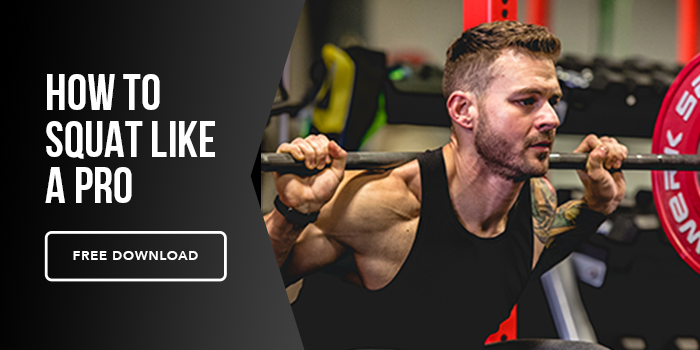Here’s something I learned today that I wish I hadn’t. In traditional folklore, elves sat on people’s chests while they slept to give them nightmares. Now that we both have to live with that creepy visual for the rest of our lives, why not continue down this path of unsettling facts? Here’s one that’s just as troubling: Lifting weights once a week isn’t enough.
While hitting the gym as often as you go to church for the free donuts is better than nothing, you will benefit much more with a higher training frequency. In today’s blog we’ll take a look at how often women should train, how they should structure their program, and much more.
Training Frequency:
Maintaining consistency in a weightlifting routine is key to seeing results. A good starting point for most women is to weightlift about three times a week. This frequency strikes a balance, allowing the body enough time to recover between workouts while still providing the necessary stimulus to promote muscle growth and strength improvements. Additionally, it’s not too much work, so adherence shouldn’t be an issue.
Program Structure:
The structure of your weightlifting program can vary depending on your experience level and time constraints. For those who are new to weightlifting or have limited time, full-body workouts performed 2-3 times a week can be highly effective. These sessions cover all major muscle groups, ensuring that each area receives attention without the need for daily workouts.
As women become more advanced or seek to target specific muscle groups more intensively, they might transition to split routines. In this approach, different muscle groups are worked on separate days, allowing for an increased frequency of 4-6 sessions per week. This method can be particularly beneficial for those who have specific goals and a solid understanding of their recovery needs.
Individual Factors:
The optimal frequency for lifting weights varies depending on a woman's individual goals and level of experience. For example, someone aiming to build muscle mass might benefit from more frequent training sessions than someone focused on general fitness or steady strength gains.
Beginners are typically advised to start with fewer sessions, giving their bodies time to adapt to the new demands of weightlifting. As they gain experience and build endurance, they can gradually increase the number of sessions per week. However, the goal shouldn’t necessarily be to do more work; the goal is to build muscle. So, if you are making progress with just two sessions per week, don’t feel rushed to increase your frequency!
Recovery and Lifestyle:
Balancing training with adequate recovery and lifestyle considerations is crucial for long-term success in weightlifting. Factors such as stress levels, sleep quality, and overall physical activity outside the gym play significant roles in determining how often you should lift weights. Overtraining — pushing the body beyond its capacity without sufficient rest — can lead to injuries, fatigue, and burnout. Therefore, it’s important to listen to your body, adjust your training frequency as needed, and ensure that recovery is in place to support your overall well-being.
Balancing Cardio and Strength Training:
For women, balancing cardio and strength training is essential for achieving a well-rounded fitness routine. While weightlifting builds muscle and strength, cardiovascular exercise supports heart health and improves endurance. The key is finding the right balance between these two forms of exercise. Women who focus too much on cardio might hinder muscle growth, while those who lift without any cardio may miss out on the heart health benefits.
You’ll hear people debate which is better: weights or cardio. Don’t bother with choosing sides. Put your head down, lift your weights, and get your steps in and you’ll be on your way to good health.






